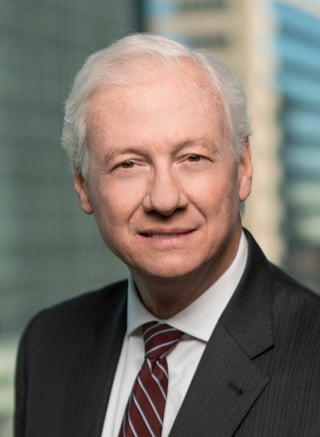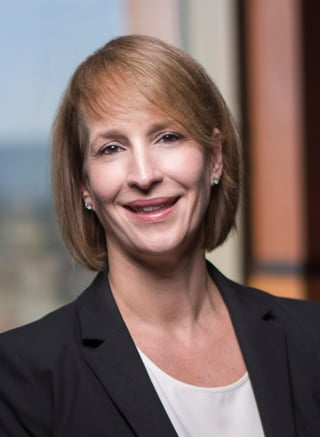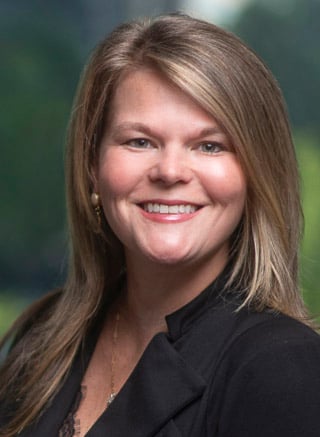U.S. ex rel. Paradies et al. v. AseraCare Inc. et al., U.S. District Court for the Northern District of Alabama.
On March 31, 2016, Bradley client AseraCare Hospice obtained summary judgment in a False Claims Act (FCA) case brought against it by the U.S. Department of Justice (DOJ). The DOJ sought more than $200 million from AseraCare, a Texas-based provider of hospice care for FCA violations based on alleged Medicare overbilling. The DOJ argued that AseraCare submitted reimbursement claims to Medicare for numerous patients who it contended weren’t eligible for the Medicare hospice benefit. The DOJ based its arguments on opinion evidence from its expert’s review of medical records for a sample of AseraCare patients– a controversial method of supporting FCA claims.
The FCA allows for trebling damages and the DOJ intended to use statistical extrapolation from the sample to claim more than $200 million against AseraCare, before the imposition of civil monetary penalties. This damages claim was based solely on the DOJ expert’s subjective opinions from reviewing our client’s medical records for patients in the sample. Bradley’s lawyers for AseraCare worked with several leading physician experts, who reviewed the same medical records and found almost every patient at issue was, in fact, eligible for the Medicare hospice benefit.
Given these facts, we took the case to trial, one of only a handful of times that defendants in FCA cases have challenged the government’s accusations in front of a jury. After a hard-fought trial over whether AseraCare would be liable for damages, the jury returned eligibility findings against our client as to many patients.
After these findings, Bradley’s lawyers vigorously pursued several legal arguments, which resulted in a motion for the judge to set aside these findings as a matter of law. In October 2015, the judge agreed with our attorneys and overturned the findings. She dismissed the case outright in March 2016.
“When hospice certifying physicians and medical experts look at the very same medical records and disagree about whether the medical records support hospice eligibility, the opinion of one medical expert alone cannot prove falsity without further evidence of an objective falsehood,” U.S. District Judge Karon O. Bowdre wrote in her decision. The court’s holding reiterates the need for objective evidence of falsity in proving a FCA claim, and that mere differences of opinion or scientific judgment are not sufficient.
Bradley’s attorneys not only helped our client avoid a major adverse ruling, but this work has charted a roadmap for other healthcare providers to use in defending against FCA cases. An article in the National Law Review noted that the court’s opinion “explains and resolves this important FCA legal issue with elegant and devastating simplicity, ensuring that the decision will be a strong and influential precedent for pending and future cases focused on asserting FCA liability for mere clinical disagreements or subjective interpretations of medical record documentation.”






